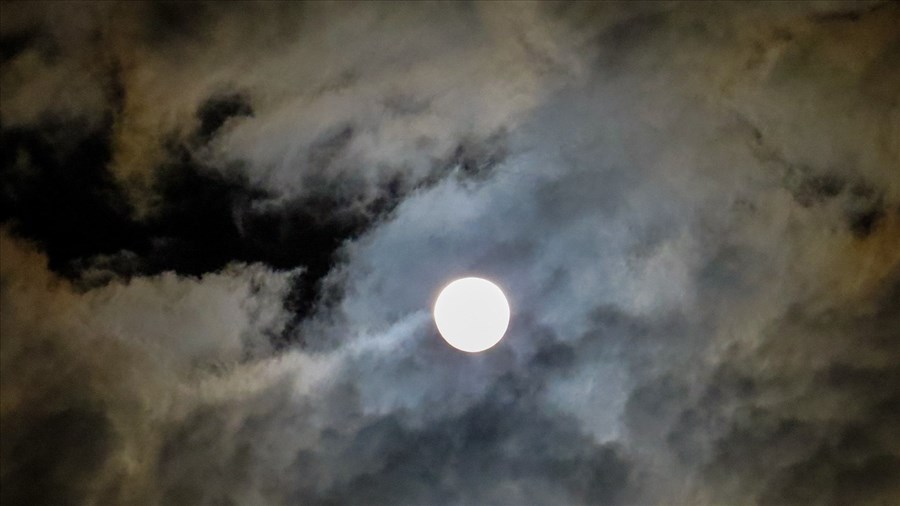Third Monday of January
"Blue Monday: Is it really the most depressing day of the year?
Although there are no scientific studies to prove it, for almost 20 years the third Monday of the year has been called the most depressing day of the year. Called Blue Monday, this famous day would be today, January 15.
But where does Blue Monday come from? In 2005, a British TV channel decided that the third Monday in January would be the point of convergence for a number of negative factors, including the start of the week, the month's salary not yet paid, the weather, the post-holiday period including unpaid Christmas debts, and the lack of motivation leading to the end of good resolutions.
Sky Travel, a TV travel channel, came up with an unscientific mathematical formula to calculate the date of Blue Monday.
W: weather;
(D-d) (debt) difference between holiday debts and actual ability to repay before next payday;
T: (time) time elapsed since Christmas;
Q: time since New Year's resolutions;
M: lack of motivation ;
Na: need to act.
Symptoms not to be overlooked
Whether it's really depressing or not, Blue Monday nonetheless opens the door to discussions about seasonal depression and depression in general, which are very real conditions.
It's not uncommon for many people to experience a certain state of depression at this time of year, or at least a great deal of fatigue and lack of motivation. This can be explained by the lack of natural light and the cold.
According to several experts, 18% of the population is affected, in one way or another, by the effects of seasonal depression.
So it's important to keep an eye on your condition to find out if you're affected. Certain signs are unmistakable. These include increased fatigue, a tendency to isolate oneself, mood problems, loss of interest or pleasure in activities, and so on.
In the case of more serious symptoms, feelings of hopelessness or helplessness may also be present.
How to overcome it
Since one of the main causes of seasonal depression is lack of sunlight, light therapy could be a good option. According to a number of studies, sessions of 30 to 60 minutes a day with a specially designed lamp have a number of beneficial effects.
Taking full advantage of sunny periods by going for walks, adopting a healthy diet, getting enough sleep and exercising daily are also good habits to adopt, in life in general, but also to counteract seasonal depression.
That said, outside help is not to be overlooked. If symptoms persist or worsen, it's essential to consult a doctor and/or contact a self-help group like Le Versant, which helps people with anxiety disorders.



![{\frac {[W+(D-d)]T^{Q}}{MN_{a}}}](https://wikimedia.org/api/rest_v1/media/math/render/svg/43d0a883856d85b2eb2e4b03f99535ce55481cd2)




